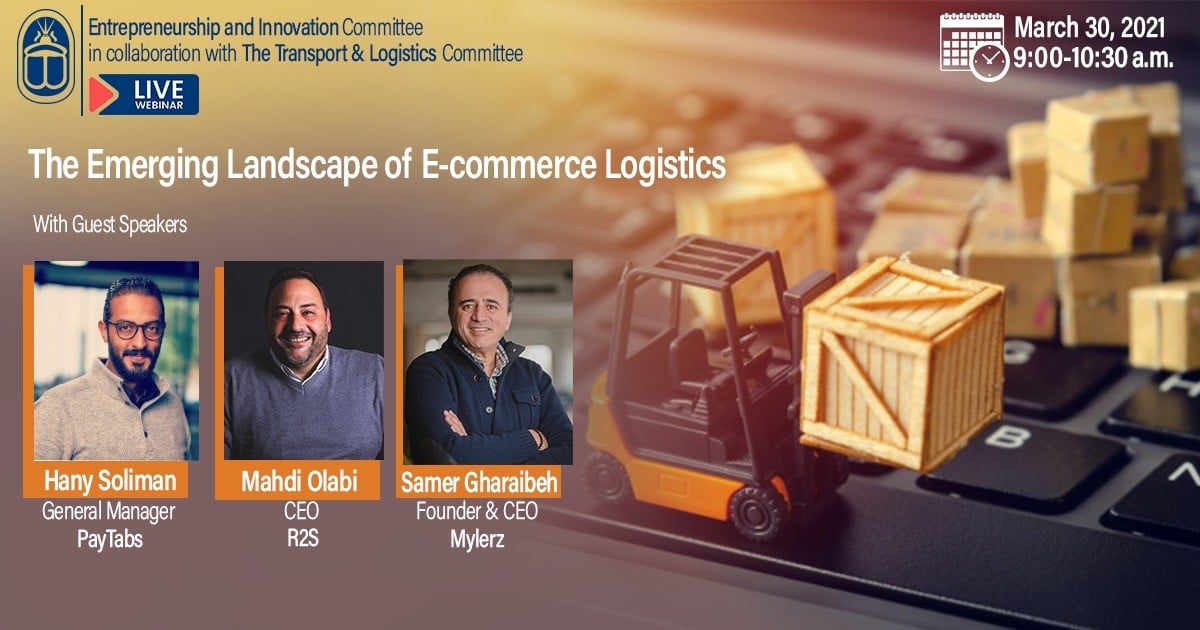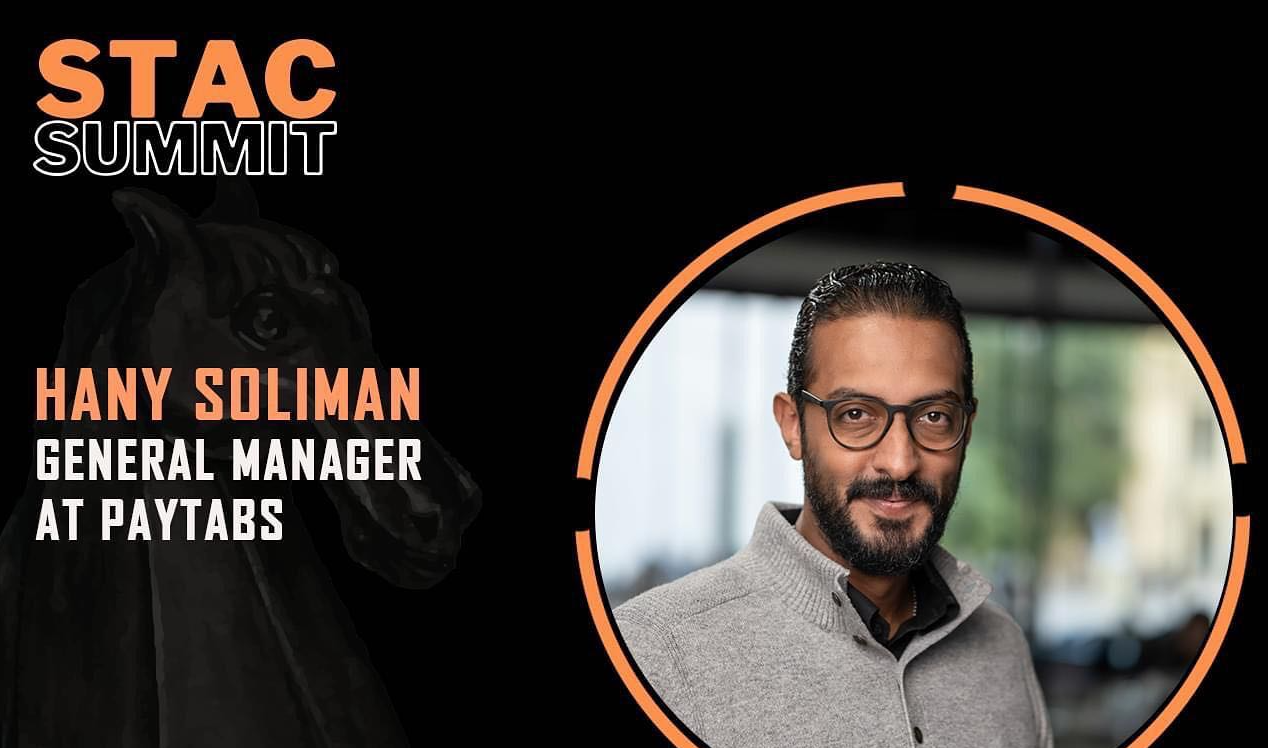AmCham Webinar

It’s always exciting when General Manager, Hany Soliman joins as a guest speaker! Register now to “The Emerging Landscape of E-commerce Logistics” Webinar happening on the 30th of March.


Playing Golf Can Give You Financial Freedom – Learn These Tips
Only the top 1% of golfers play on the professional circuit and earn millions. But if you have a passion for golf, there’s no reason you can’t use it to earn money online and gain financial freedom!
Sharing your love for the sport and your golfing expertise online could be the perfect way to build a successful business.
If you like the idea of using your golfing skills to create a money-making e-commerce store and gain financial freedom, then here are the steps you should take.
Do Your Research
There are a number of niches in the online golf market. However, take some time to do your research and identify which niche you want to go into.
You may want to specialize in golf equipment for left-handed players or women. Maybe you want to focus on apparel, golf gear in general, or discounted equipment. You could also look at creating a specialized market by providing advice on driving, chipping, and putting for beginners.
While you’re doing your research, you’ll also be discovering your target market. This will help you to create a go-to-market strategy that’s effective from the start.
Choosing The Right Platform
Choosing the right platform is critical to the success of your online business. There are a variety of platforms—like Shopify, Etsy, or BigCommerce—and they all offer different benefits, like SEO or multichannel functionality.
Ideally, you want to choose a platform that will help you manage the start-up of your web store and provide customized payment solutions while remaining scalable and flexible.
Make sure that when your e-commerce store’s pages load, it does so quickly. You can also check what the ranking data is on the platforms that you’re looking at, on AHREFS.
This will help you to make an informed decision on which platform would best suit your business needs.
Create Your Online Store
Now you get to have some fun creating your online store. The website needs to be engaging and attractive to potential clients.
Spend time on the “About Us” page and make sure that the potential buyers know exactly what you can offer them. If you have “social proof”, be sure to include that on your website too.
Offer a payment solution that’s user-friendly, so that customers can make their purchases easily. Make sure that your web store is mobile-friendly too, as this will allow your customers to purchase a golf GPS, golf bag, or set of clubs easily on-the-go.
Digital Products
Open up a new avenue to generate revenue by including digital products. You could look at selling tickets to golf tournaments, golf-related books, or offering online golf tips or coaching lessons.
Digital products allow you to create a passive income by essentially selling the same product again and again. All you’d need to do is update your digital products. The best benefit is that there’s no need to store stock or pay for shipping.
Conclusion
Playing professional golf may not be for everyone, but that doesn’t mean you can’t make a living from your love for golf. If you’re looking for financial freedom, a golfing e-commerce store is ideal. There are low start-up costs and the potential to earn passive income by including digital products.
Whatever niche you decide to go into, the work you put into your e-commerce golf store will be worth it when you can earn money from your passion.

-Jordan Fuller is a retired golfer, mentor, coach, and writer. He writes for his own golf site, where he shares some tips and tricks about golf.
STAC Summit – Remove Communication Barriers

PayTabs Egypt GM Hany Soliman at STAC Summit discussing how to “Remove Communication Barriers”
The Best Programming Languages for FinTech
As technology continues to advance, financial sectors and fintech are very receptive as they seek to improve service delivery and boost efficiency. With numerous programming languages to choose from, making the right choice for your business can be challenging. While some programming languages are more popular than others, the best language eventually boils down to your business needs.
Do remember that every programming language can deliver desired results if you apply it accordingly. With numerous programs and boot camps offering programming training, you can utilize your GI benefits to learn code if you are a retired service member. Here are the best programming languages to consider for fintech.
1. Python
Python is one of the oldest and most popular languages for fintech. The simplicity and flexibility of its syntax make it beginner-friendly as it is easy to learn. Not only does it come with a wide array of libraries, but it is also highly scalable due to its consistency and interactive abilities. Since it allows type checking during code execution, it reduces the time you spend testing code.
You can use Python for web development, data science, machine learning, and artificial intelligence applications. In fintech, it is applicable in risk and trade management, as well as pricing. It is, therefore, ideal for hedge funds, insurance, and investment banks.
2. C++
If you are looking for speed and efficiency, C++ is the perfect fit. It is great for operations that require advanced computations, which makes it ideal for quantitative analysis and finance. C++ is efficient as it allows code reusability. Therefore, you can use it when building complex projects.
The rich library gives you access to all the tools you need for your tasks and operations. Although it allows simultaneous operations fast, C++ is complex. It is, therefore, not ideal for beginners. Since it may also have security issues, it is advisable to use C++ in specific niches.
3. Java
Java Programming language can handle large amounts of data and offers impeccable security, making it ideal for fintech. The security abilities of Java allow for easy isolation of suspicious code and virtual machines. It is also stable and versatile, meaning it can run on any platform as it works on virtual environments. You can change devices from web to mobile without necessarily having to switch code.
Java programming language is popular with banks as they handle sensitive information that requires highly secure systems. Programmers working on long-term projects can use Java as it also allows you to detect errors during the compilation stage. For big enterprises that want reliable and stable software, Java is the best option.
4. Scala
Scala is a functional and object-oriented programming language that addresses Java’s inadequacies, such as concurrency issues. It is a widely-used language in financial technology, especially in areas such as data architecture and finance platforms based on the cloud. Since it has concurrent support and immutable collection, it works well for data-intensive applications.
Although Scala is primarily a JVM language, you can compile it to other representations such as JavaScript and Native Code. With continuous improvements, Scala is simple, more stable, and predictable. Compared to other languages like Kotlin, Scala performs better in data-intensive applications and stream processing. One of the notable platforms that use Scala is PayPal.
5. Ruby
Ruby has all the ideal characteristics and features necessary for fast development. Although it may not be the most popular language in the fintech industry, it is highly effective and combines the efficient qualities of other technologies such as Pearl and Lisp. Ruby’s powerful framework allows for the development of scalable apps and the writing of highly secure codes. It also has numerous built-in plug-ins and libraries. Therefore, you can achieve time efficiency as you don’t have to write lines of code.
Ruby’s qualities make it a cost effective programming language as the free plug-ins and secure code allows for fast and cheap development. You can use Ruby to develop financial technology such as digital payment systems and e-wallets for e-commerce. You can also build financial and analytical dashboards, as well as asset management systems.
6. SQL
SQL, also known as Structured Query Language, SQL is a crucial language for database operations. It is useful in storing, retrieving, and manipulating data. In finance, SQL makes it possible to analyze data, establish patterns and make future predictions. It is also an indispensable language for handling data with multiple variables and relationships.
Since most data in the financial sector have complex relationships, SQL makes it easy to manage it. With the increase in data science and analysis, SQL has grown in popularity. Note that SQL is ideal for small databases as it may not work well with large expansive databases.
The right financial technology is essential for any successful project, and the above programming languages can help you achieve efficiency in the finance sector. If you want to venture into the development of financial apps and systems, you can learn to code using your GI benefits and get the best out of each language.

-Angela Martin: 30-something data enthusiast who enjoys statistics, yoga, running and using technology to get insights from large amounts of data.
Currently has been working in a data-related field for 6 years and her favorite animals are cats.






